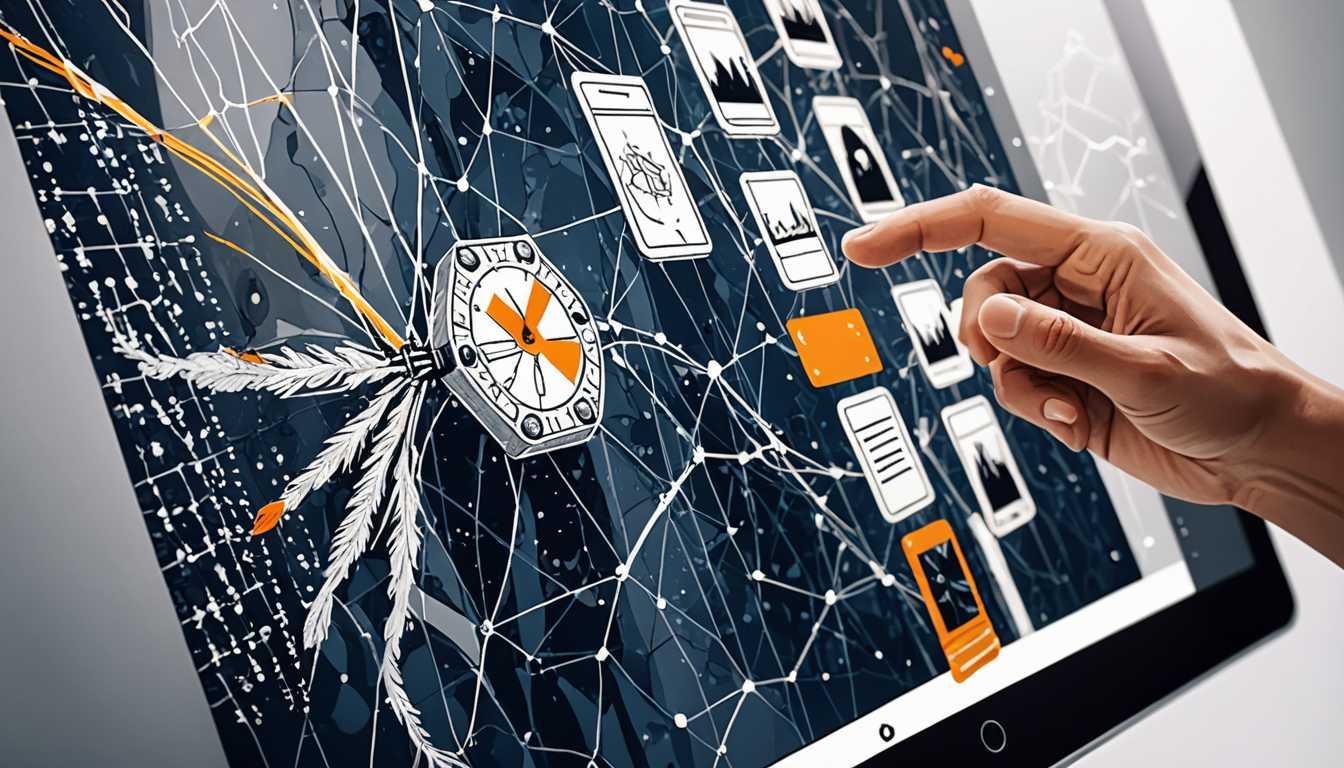Self-Serving Bias: The Truth About Teamwork
June 2024
King's College London - News
Introduction
Ever wondered why we often think we're better than we really are? A fascinating study from King’s College London reveals that when working with a human partner, we tend to inflate both our own and their abilities—hello, self-serving bias! But when we team up with a robot, things change, we become more realistic about performance. Dive into this intriguing article to uncover how this affects group projects and workplace dynamics—and maybe discover why you thought you were the best at everything!
READ FULL ARTICLEWhy It Matters
Discover how this topic shapes your world and future
Unpacking the Power of Perception
Understanding how we perceive ourselves and others is crucial in our everyday lives, whether in school, sports, or future workplaces. Recent research reveals that we often judge our own abilities more favorably than they may actually be, a phenomenon known as self-serving bias. This bias can lead us to overlook our weaknesses and overestimate our strengths, which can be harmful when working in groups. For example, you might think a classmate is better at math than they really are just to avoid taking on too much work in a group project. On a global scale, these insights can shape how teams function in companies and communities, emphasizing the need for honest feedback and self-reflection. By becoming aware of these biases, you can learn to assess your skills more accurately, making you a more effective collaborator and leader in the future.
Speak like a Scholar
Self-Serving Bias
A tendency to view oneself more favorably than is accurate, often by emphasizing successes and downplaying failures.
Feedback
Information provided about someone's performance or behavior, which can help them improve or change.
Assessment
The process of evaluating or judging someone’s performance or abilities.
Collaboration
Working together with others to achieve a common goal or complete a project.
Cognitive Dissonance
The mental discomfort experienced when holding two contradictory beliefs or values, prompting a change in attitudes or behaviors.
Overconfidence
A belief in one’s abilities that exceeds reality, often leading to mistakes or poor decisions.
Independent Research Ideas
The Impact of Team Dynamics on Performance
Investigate how different team structures (like diverse skill levels or backgrounds) affect overall success in collaborative projects. This topic could unveil the importance of teamwork in achieving common goals.
The Role of Artificial Intelligence in Enhancing Self-Assessment
Explore how AI tools can help individuals gain more accurate insights into their abilities, potentially transforming personal and professional development.
Gender Differences in Self-Serving Bias
Examine whether males and females exhibit self-serving bias differently and how this impacts group work. This could lead to fascinating discussions about societal influences on self-perception.
Feedback Mechanisms in Educational Settings
Research how various feedback styles (positive, negative, constructive) affect student motivation and self-assessment. Understanding this can help improve teaching strategies.
The Evolution of Self-Perception in Digital Environments
Analyze how social media and online interactions influence how young people view their skills and abilities, reflecting on both positive and negative implications.
Related Articles

AI and Humans: Partners in Decision-Making
January 2025
LSE Business Review

Confidence Gap's Impact on Careers
March 2024
California Institute of Technology

Human vs. Bot: The Approval Battle
December 2022
Wharton School of the University of Pennsylvania

Exit Stage Left: The High Performer Domino
March 2024
London School of Economics (LSE)

Education: Skill or Signal?
August 2023
London School of Economics (LSE)